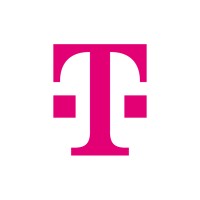
Safaricom PLC
Safaricom is the leading provider of converged communication solutions in Kenya. In addition to providing a broad range of first-class products and services for Telephony, Broadband Internet and Financial services, Safaricom seeks to uplift the welfare of Kenyans through value-added services and support for community projects. With over 29 Million subscribers and an estimated market share of 67%, the Company has the widest modern mobile network coverage in Kenya and prides in its experienced shareholders, attractive tariffs, a nationwide network of effective dealers, high caliber staff and management enabling it to maintain its position as the region’s mobile market leader. M-PESA has over 23 million subscribers, supported by a nationwide agent network of over 156,000 outlets. M-PESA is the world's most developed biggest mobile payment system. Facts about Safaricom • Employs over 5,500 staff directly and over 500,000 indirectly • Has approximately 4,945 network sites across the country • 50% of employees and 32% of senior management working at Safaricom are women. • Has the largest call center in Sub-Saharan Africa Our people are our most valuable asset and are key to the achievement of our vision of transforming lives. This is reflected in our commitment to creating a working environment that supports our staff. We offer employees a wellness programme, crèche facilities, access to subsidized gym facilities, leisure amenities, regular social events, competitive salaries and career opportunities. We give back to the society through the Safaricom Foundation. Since inception, the foundation has disbursed 2 billion shillings in different initiatives that provide sustainable community-based solutions, contributing towards Kenya’s development agenda, and the Millennium Development Goals. Safaricom is a key member and supporter of the B Team and the B Team – Africa, alliances of business leaders who are committed to responsible and sustainable business practices.






